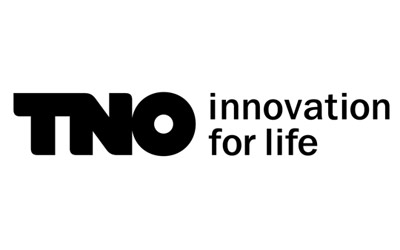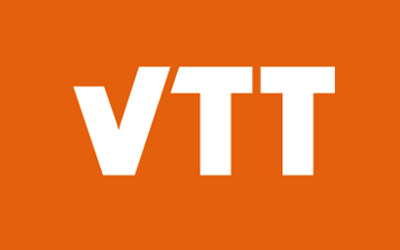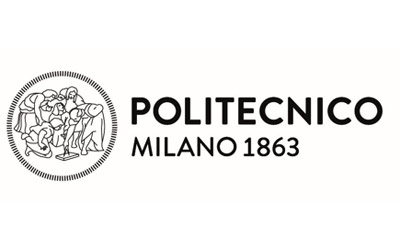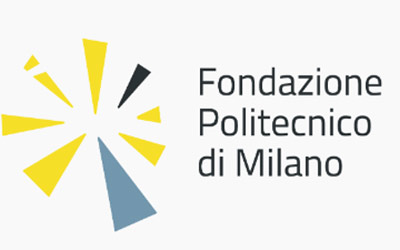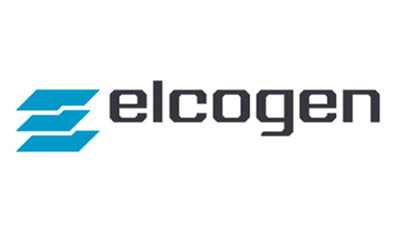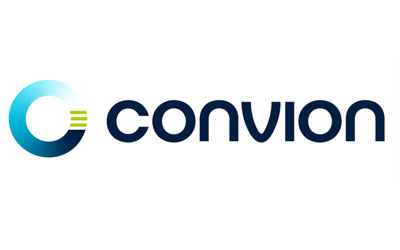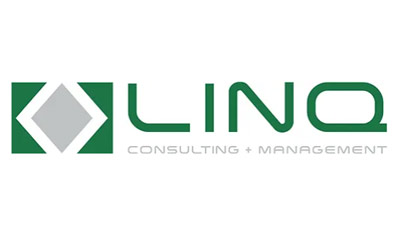CONSORTIUM
OUTFOX Partners
The OUTFOX consortium consists of 8 partners that cover the full value chain of SOEL development along with end use and dissemination of the results. The roles of each partner have been chosen to maximize their synergies and interdisciplinarity in order to realize the project objectives.
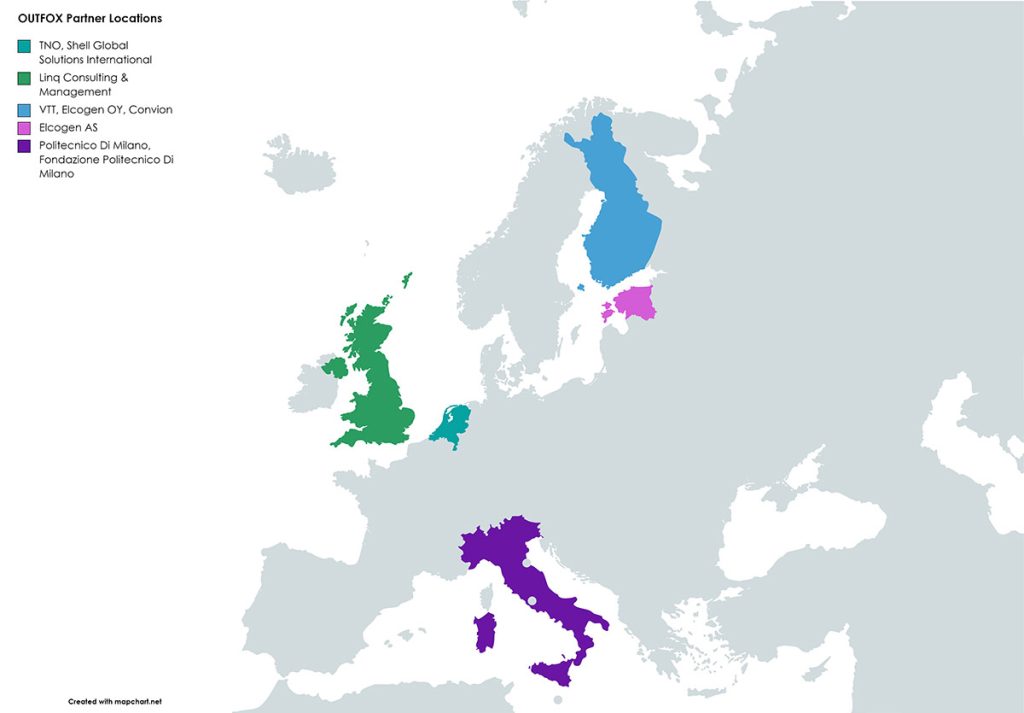
TNO
TNO, located in the Netherlands, is one of largest RTOs in Europe and also a founding member of the VoltaChem program, which is a public-private shared innovation program supporting chemical industry, energy sector and equipment suppliers & licensors to move towards a climate neutral future. With its extensive network, TNO possesses significant knowledge and experience in coordinating collaborative research projects, as well as developing solid oxide fuel cell technologies, large-scale hydrogen production using various electrolysis technologies, and production of SOEL cells up to 900 cm2. TNO is the Project Coordinator and leads WP1 – Scaled-up solid oxide development and WP7 – Project Coordination, and contributes to WP2 – Stack development and short stack scale testing, and WP4 – Impact of SOE scale-up: Techno-economic analysis, Circularity, and Roadmap to pilot(s) within the project.
VTT
VTT, located in Finland, is one of Europe’s largest RTOs, driven by a core mission to develop sustainable solutions for customers and society. VTT has world-class expertise in hydrogen system integration, cell characterization, equipment research and development for solid oxide fuel cells and electrolyzers, and process scale-up and piloting, as well as hydrogen safety assessments. Their primary responsibility will involve validating the manufactured stacks with improved characteristics, such as increased cell area, decreased cell thickness, and increased current density. VTT will analyze the validation results to improve the cell, stack, and system-level applications. In this project, VTT will lead WP2 – Stack development and short stack scale testing and contribute to WP3 – System development and module scale-up and WP4 – Impact of SOE scale-up: Techno-economic analysis, Circularity, and Roadmap to pilot(s).
Politecnico di Milano (POLIMI)
Politecnico di Milano (POLIMI) is the main technical university in Italy. The Group of Energy Conversion Systems (GECoS) at the Department of Energy is a prominent research group renowned for the expertise in process modelling, techno-economic system evaluations, and life-cycle assessments. Their knowledge base covers advanced configurations of conventional technologies, such as thermal cycles and combustion, as well as development of innovative technologies, like electrochemical devices, membrane reactors, and hybrid systems. POLIMI has conducted several investigations into optimal system layouts for heat integration in reversible solid-oxide cell systems and improved performance of hybrid power generation plants. Additionally, they possess extensive experience in life-cycle analysis and well-to-wheel assessment. In this project, their main responsibility is modelling and simulation for system assessment, and driving the roadmap definition in collaboration with other project partners. POLIMI will lead WP4 – Impact of SOE scale-up: Techno-economic analysis, Circularity, and Roadmap to pilot(s), and contribute to WP3 – System development and module scale-up and WP5 – 80 kW Validation.
Fondazione Politecnico di Milano (FPM)
Fondazione Politecnico di Milano (FPM) was established in 2003 at the behest of Politecnico di Milano, together with the city’s main institutions and the regional government of Lombardy, with the support of several important business companies. FPM is actively engaged in enhancing the University’s development path of accessible innovation and to share the many strengths that define its research in the fields of engineering, architecture, and industrial design with manufacturing companies and with the local community, driving progress to build the future. FPM contributes towards innovating and developing Italy’s economic and productive landscape, operating to improve the efficiency of relationships between POLIMI and companies, institutions, and public authorities, by providing professional support, including on an international scale, to research, education, and the University’s third mission. Within OUTFOX, FPM supports the techno-economic analysis and the system assessment in WP4 and WP3, as well as the dissemination and exploitation activities.
Aktsiaselts Elcogen (Elcogen AS)
Elcogen AS is an industrial partner based in Estonia and is highly advanced in manufacturing ceramic anode-supported solid oxide cells. They specialize in cell development, with a focus on physical-chemical characterization of new cell prototypes, and have industrial experience in cell manufacturing and research and development in materials science. In OUTFOX, Elcogen AS will be responsible for developing new cell microstructures and slurry compositions, as well as optimizing the manufacturing process for new large cell prototypes. They will manufacture SOEL cells, including reference, thin, and 300 cm2 types, for the short stacks and 80 kW prototypes. Elcogen AS will contribute to WP1 – Scaled-up solid oxide development, WP2 – Stack development and short stack scale testing, and WP4 – Impact of SOE scale-up: Techno-economic analysis, Circularity, and Roadmap to pilot(s).
Elcogen OY
Elcogen OY, located in Finland, is an advanced manufacturer of solid oxide stacks and an industrial partner in this project. They have established expertise in the operation of stacks for electrolysis and have in-depth knowledge of stack design optimization gained through years of research and development activities. Additionally, they specialize in stack-to-system interface optimization. Elcogen OY will play a crucial role in the project by developing a new stack design, identifying the most suitable cell/stack size, and conducting stack modelling activities. They will also manufacture the stacks for the 80 kW prototype. Elcogen OY will be involved in WP1 – Scaled-up solid oxide development, WP2 – Stack development and short stack scale testing, WP3 – System development and module scale-up, and WP4 – Impact of SOE scale-up: Techno-economic analysis, Circularity, and Roadmap to pilot(s).
Convion
Convion Ltd. is a company located in Finland and at the forefront of developing fuel cell systems for distributed power generation in industrial and commercial settings, with a particular focus on solid oxide fuel cell technology. Their goal is to facilitate a sustainable energy transition by providing high temperature electrochemical solutions based on solid oxide cell technology. Convion specializes in developing Solid Oxide Fuel Cell (SOFC) and SOEL systems. As part of the OUTFOX project, Convion will contribute to the design, manufacturing, and installation of modules and systems for the 80 kW prototypes, as well as participating in roadmapping activities. Convion will lead WP3 – System development and module scale-up and contribute to WP4 – Impact of SOE scale-up: Techno-economic analysis, Circularity, and Roadmap to pilot(s) and WP5 – 80 kW Validation.
Shell Global Solutions International (SGSI)
Shell Global Solutions International (SGSI) are a technology development and deployment outfit of Royal Dutch Shell. SGSI have expertise in development of novel technology from low TRL to full commercialization; extensive experience in developing and operating integrated large-scale energy, oil and gas projects; and development of large scale green hydrogen projects. SGSI’s main role in the project will involve the demonstration and validation of the 80 kW prototype system with up-scaled stacks, along with leading the roadmap development. SGSI will lead WP5 – 80 kW Validation, and contribute to WP3 – System development and module scale-up and WP4 – Impact of SOE scale-up: Techno-economic analysis, Circularity, and Roadmap to pilot(s).
Linq Consulting & Management
Linq is an EU grants management & communications consultancy. They have extensive experience in event management, scientific dissemination, social media management, branding and marketing material design, data management planning, and intellectual property identification and management. In this project, Linq will play a key role in managing dissemination, communication, and exploitation activities and will lead WP6 – Dissemination, exploitation and outreach.

